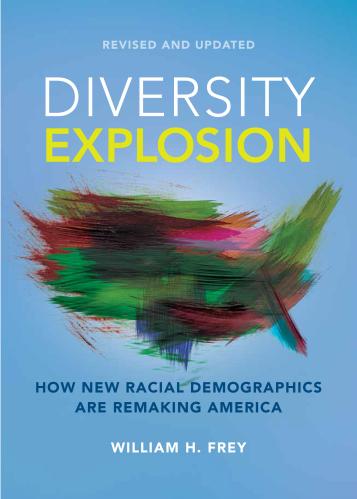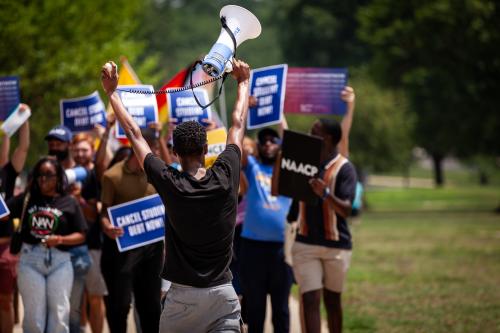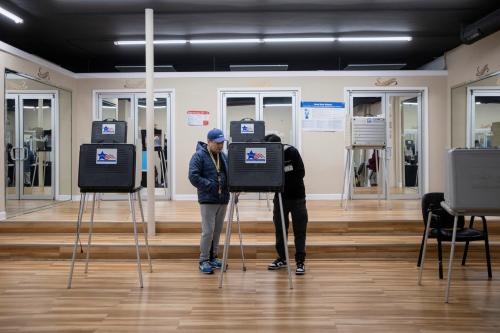Today’s ruling by federal judge Jesse M. Furman of the Southern District of New York represents an important first step toward restoring the integrity of the 2020 census. The judge’s ruling struck down the Trump administration’s decision to add a citizenship question on the 2020 census — a question that would lead to an under-enumeration of a large segment of Latinos, immigrants, and other communities.
The addition of this question was approved late in the process by Commerce Secretary Wilbur Ross. In doing so, the court ruled that Ross had violated the federal Administrative Procedures Act by not taking full account of, among other items, research that showed that adding the question would discourage census participation and increase its cost. It also found violations of provisions of the federal Census Act regarding reporting changes to Congress.
The court ruling clearly took seriously the evidence presented by the Census Bureau’s own staff and other analysts indicating that, especially in the current political environment, the inclusion of this question would deter several minority and immigrant groups from participating in the census —particularly those living in households that contained one or more noncitizens.
My analysis of the American Community Survey (Table 1) shows which groups would be most negatively affected by this underreporting: Latinos, Asians, young people, and urban residents. Their reduced response would lead to a flawed reapportionment of Congress underrepresenting high immigrant states. It could also lead to the drawing of congressional and state legislative districts that overrepresent whites, older populations, and rural residents.

While it was not made explicit in the court’s ruling, there seems no doubt that adding this question was politically motivated by the Trump administration’s efforts to undercount groups that are not among his political base. This would not only rob these minority groups of political representation, but also their fair share of hundreds of billions of dollars of federal funding for medical, social, and education programs that are distributed on the basis of census counts.
Another way a citizenship question on the census could reduce the representation of young, minority, and urban populations would be to open the door for using the “citizen population” rather than “total population” in drawing state legislative districts. This has not been done in the U.S. to date and has been struck down in at least one Supreme Court decision. But the availability of citizen tabulations for less dense areas that would result from the 2020 census might tempt states to consider this possibility —perhaps prompted by the current administration.
A December 28, 2018 Federal Register Notice request for comment by the Commerce Department indicates the following with respect to their plans for producing a redistricting file:
…The Census Bureau intends to work with stakeholders, specifically “the officers or public bodies having initial possibility for the legislative apportionment in each state” to solicit feedback on the content of the prototype redistricting file. If those stakeholders indicate a need for citizenship on the 2020 Census Public Law 94-171 Redistricting file, the Census Bureau will make a design change to include citizenship as part of the file…” (Federal Register/Vol 83, No. 248/Friday December 28, 2018/Notice)
The availability of this file could certainly motivate some states to attempt redistricting that would reduce the representation of groups, which currently tend to vote largely Democratic.
Aside from these very tangible negative effects on representation and democracy, the addition of the citizenship question to the census would politicize the census as an institution. In the past, filling out the census form was thought of as a national civic engagement exercise, which allows people to claim they are residents of America. The politicization of this institution would not only lead to a flawed census count, but would further inflame divisions that have come to fore in the past two years. This court decision is a first step toward restoring the 2020 census to its rightful place in our democracy.








Commentary
Ruling on citizenship question may save the 2020 census
January 15, 2019